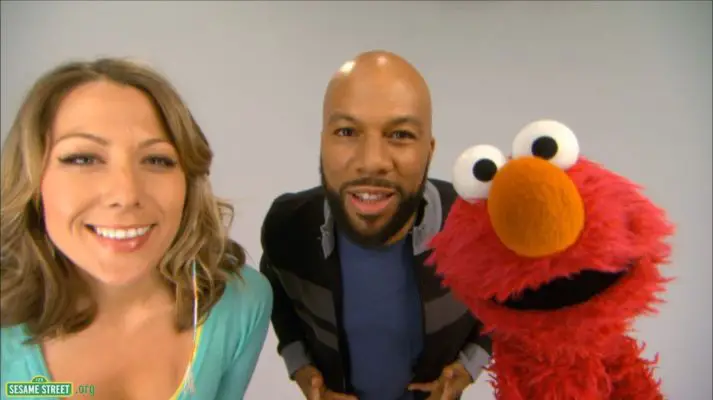Most of us have struggled with feelings of inadequacy at some time or other in our lives. Maybe we were nervous about being a good parent or down about not getting a job we wanted. For some people, however, that inadequate feeling is pervasive and becomes their default feeling, only retreating temporarily when something great happens to overshadow it. No one should have to live on that roller-coaster, and with the following techniques, it is more than possible to get off of it.
Psychologists have long attributed persistent or recurring feelings of inadequacy to childhood experiences. We’re not born feeling inadequate, but children who are told they are at a young age start thinking “There must be something wrong with me”, and as they grow older those feelings become ingrained in their psyches.
Another, less mentioned, way feelings of inadequacy can manifest themselves is when neurodivergent people, for example people on the autism spectrum, slip through the cracks and don’t get diagnosed or supported. They can spend their childhoods feeling “weird” or “wrong” because they don’t fit in and the feeling follows them into adulthood.
Whichever the source, it’s important to get a handle on these insidious feelings before they take up too much more of your time. You are too valuable to spend any more time feeling suffocated by inappropriate nagging doubts of your ability! Here are 5 simple yet effective ways to keep those feelings at bay, and practicing them on a regular basis can force your brain to get and stay out of that self-depreciating habit.
5 Ways to Resolve Feeling Inadequate
1) Imagine yourself as a child during the earliest time you felt inadequate and “talk” to yourself as an adult would if they knew what was going through your head. The encouraging words will make it evident that it was not your fault and the feeling of inadequacy was not related to an actual case of being inadequate.
2) Imagine how you would think of someone else if they were in your situation. You aren’t the only person who’s ever been passed over for a job. Is everyone else inadequate as well?
“Lighten up on yourself. No one is perfect Gently accept your humanness”- Deborah Day
3) Just like any other time a negative emotion feels overwhelming, use your body to flood that suffocating feeling with oxygen. Go for a jog or do another type of activity that will force you to step out of your head for a little while. Exercise can take the edge off of almost anything.
4) Stand in the “power pose”- chest high, legs slightly apart, and hands on hips for 2 minutes, taking deep breaths. Initial studies showed the power pose increased the “confidence” hormone, testosterone. Those results are mixed, but repeated studies have consistently shown that it does make people feel more powerful, and when you feel powerful, it’s pretty hard to feel inadequate.
“Never bend your head. Always hold it high. Look the world straight in the face.”- Helen Keller
5) Remind yourself of times when you’ve overcome adversity by solving a problem or improving a situation. Remember that feeling.
Depending on how deep-rooted your feeling of inadequacy is, it might take several times for these exercises to become habits. Of course, sometimes it’s appropriate to feel doubt about your ability when the task is obviously beyond your skill or education, but these exercises will help you think logically and get your brain out of the habit of defaulting to self-doubt. Use these tips to banish those incompetent feelings, and let your brain see yourself the way you really are: just as capable as anyone else!
















